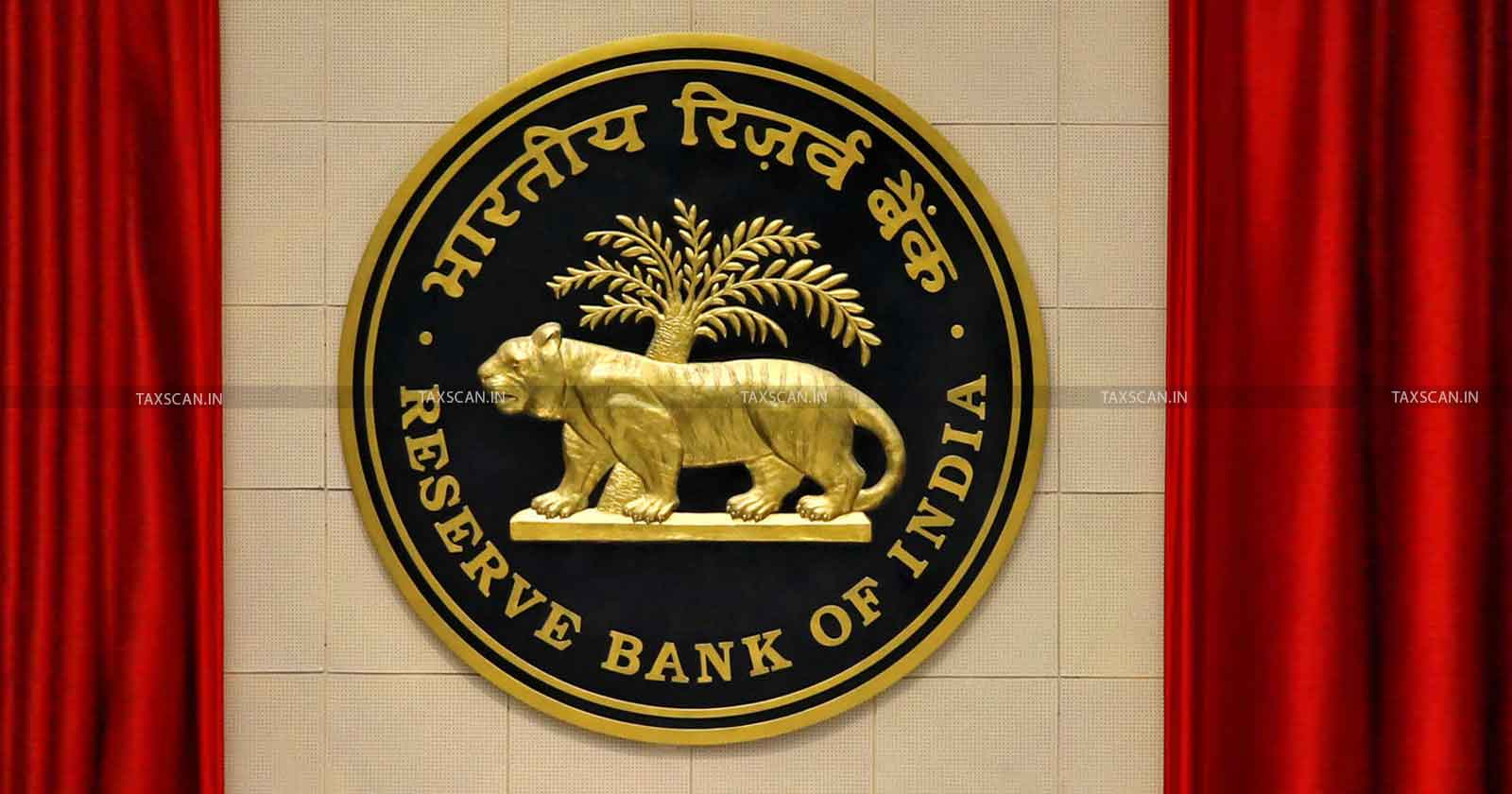Supreme Court Directs RBI to Standardize Modus and Costs for Property Title Search Report and Loan Sanctioning Officers’ Liability [Read Judgement]
The case pertained to a property mortgaged for availing loan and the ensuing events following default in repayment of loan

Supreme Court-Supreme Court Directs RBI-Standardize Modus and Costs-Taxscan
Supreme Court-Supreme Court Directs RBI-Standardize Modus and Costs-Taxscan
The Supreme Court of India, in a landmark judgment, directed the Reserve Bank of India (RBI) to formulate a standardized framework for property title search reports and establish clear accountability for loan sanctioning officers.
The Supreme Court rendered the decision while jointly adjudicating multiple civil appeals all pertaining to the same issues. The leading case was filed by the Central Bank of India & Ors. against Smt. Prabha Jain & Ors. arising from the order passed by the High Court of Madhya Pradesh at Jabalpur which set aside the order passed by the 5th Additional District Judge, Bhopal in a Civil Suit.
Get a Handbook on TDS Including TCS as Amended up to Finance Act 2024, Click Here
The facts follow a land property claimed by the Respondent to have been passed down by her late father-in-law and inherited in equal shares by her late husband, his elder brother and mother. Following the demise of her husband, 1/3rd of the share was inherited by the Respondent but the land was claimed to have been split into many parts sold illegally by the Respondent’s brother-in-law.
It was further claimed that one of the buyers of the split up mortgaged land the same with the Central Bank of India for obtaining a loan, which was left defaulted by the buyer. Subsequently the bank initiated proceedings under the Securitisation and Reconstruction of Financial Assets and Enforcement of Security Interest Act, 2002 (SARFAESI Act) against which Prabha Jain contended the entire sale and mortgage of the allegedly illegally apportioned land to be null.
Following dismissal by the Trial Court and the Madhya Pradesh High Court, the present Petition was instituted before the Supreme Court.
Get a Handbook on TDS Including TCS as Amended up to Finance Act 2024, Click Here
Appearing for the plaintiff, Senior Advocate Riddhi Sancheti argued that the property title was never lawfully transferred or mortgaged, and the Bank failed to conduct adequate due diligence before sanctioning the loan. The plaintiff contended that the fraudulent mortgage had caused her significant hardship and violated her legal rights as the rightful owner.
Read More: Top 8 Misconceptions about Loan against Property
Meanwhile, O.P. Gaggar representing the Central Bank of India submitted that the Bank relied on the documents provided by the borrower in good faith. He further argued that the SARFAESI Act protects secured creditors and empowers them to recover dues through the prescribed measures, irrespective of third-party claims.
A Bench of Justice Abhay S. Oka and Justice Ujjal Bhuyan observed that the banks had no proper verification practices in place to adequately verify property titles rigorously before accepting said properties as collateral against a loan request.
Get a Handbook on TDS Including TCS as Amended up to Finance Act 2024, Click Here
The Bench further directed the RBI to formulate a comprehensive framework for employing certified professionals for property title searches; initiation of a uniform cost structure for property title search reports so as to avoid any arbitrary levy of charges; and reiterated the need to define liabilities for loan sanctioning officers in matters of oversight or negligence.
To Read the full text of the Order CLICK HERE
Support our journalism by subscribing to Taxscanpremium. Follow us on Telegram for quick updates


